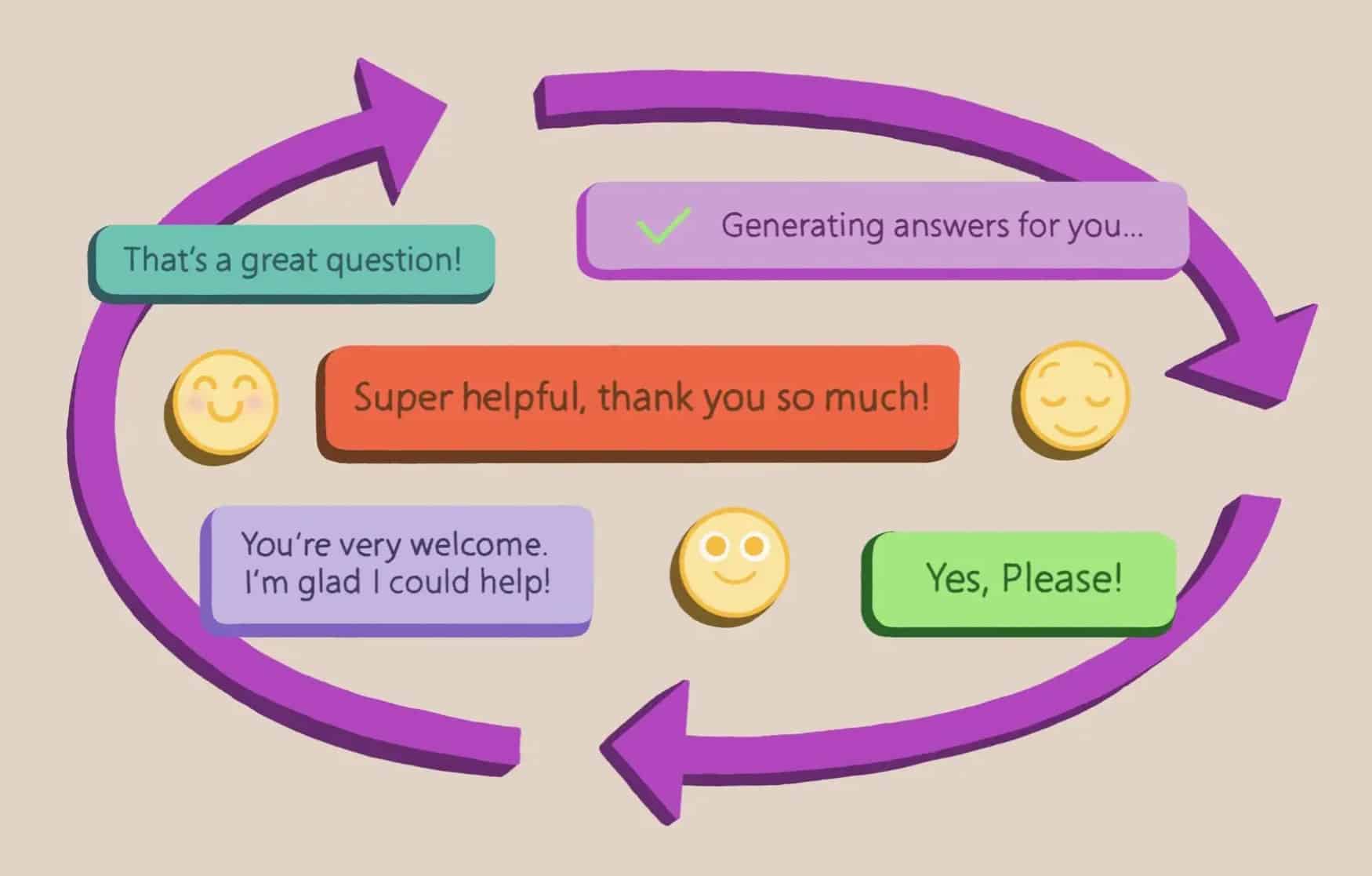Be polite with AI, says director at Microsoft Copilot team
2 min. read
Updated on
Read our disclosure page to find out how can you help MSPoweruser sustain the editorial team Read more

We all know the importance of being polite to other people, but what about being polite to artificial intelligence (AI)? Does it matter how we talk to our chatbots, voice assistants, and other AI-powered tools? According to Kurtis Beavers, a director on the design team for Microsoft Copilot, it does. In fact, being polite to AI can help us get better and more respectful, collaborative results.
Why politeness matters
AI is powered by large language models (LLMs), which are trained on human conversations and can produce natural language outputs based on our inputs. LLMs are like giant prediction machines that make highly probabilistic guesses at what would plausibly come next.
This means that how we communicate with AI influences how it communicates with us. If we use polite language, like saying please and thank you, we set a tone for the response that is more likely to be polite, respectful, and helpful. If we use rude or provocative language, we may get some sass back or even trigger unwanted behavior.
“Using polite language sets a tone for the response,” says Microsoft’s Kurtis Beavers, a director on the design team for Microsoft Copilot.
How to be polite to AI
Being polite to AI is not hard. It just requires some simple adjustments in our language and behavior. Here are some tips on how to be polite to AI:
- Start your prompts with please: please rewrite this more concisely; please suggest 10 ways to rebrand this product; please generate a catchy title for this blog post.
- Say thank you: thank you for your suggestion; thank you for your help; thank you for your input.
- Show appreciation for its work: I appreciate your effort; I appreciate your creativity; I appreciate your assistance.
- Give feedback and guidance: this is good, but can you make it shorter?; this is interesting, but can you make it more relevant?; this is helpful, but can you make it more specific?
- Avoid harsh or abusive language: don’t say things like this is garbage; this is useless; this is stupid.
- Respect its limitations: don’t expect it to do things beyond its scope or capabilities; don’t blame it for errors or mistakes; don’t ask inappropriate or unethical questions.
So next time you talk to your chatbot or voice assistant, remember to be polite. You may be surprised by the improvement in results.









User forum
0 messages